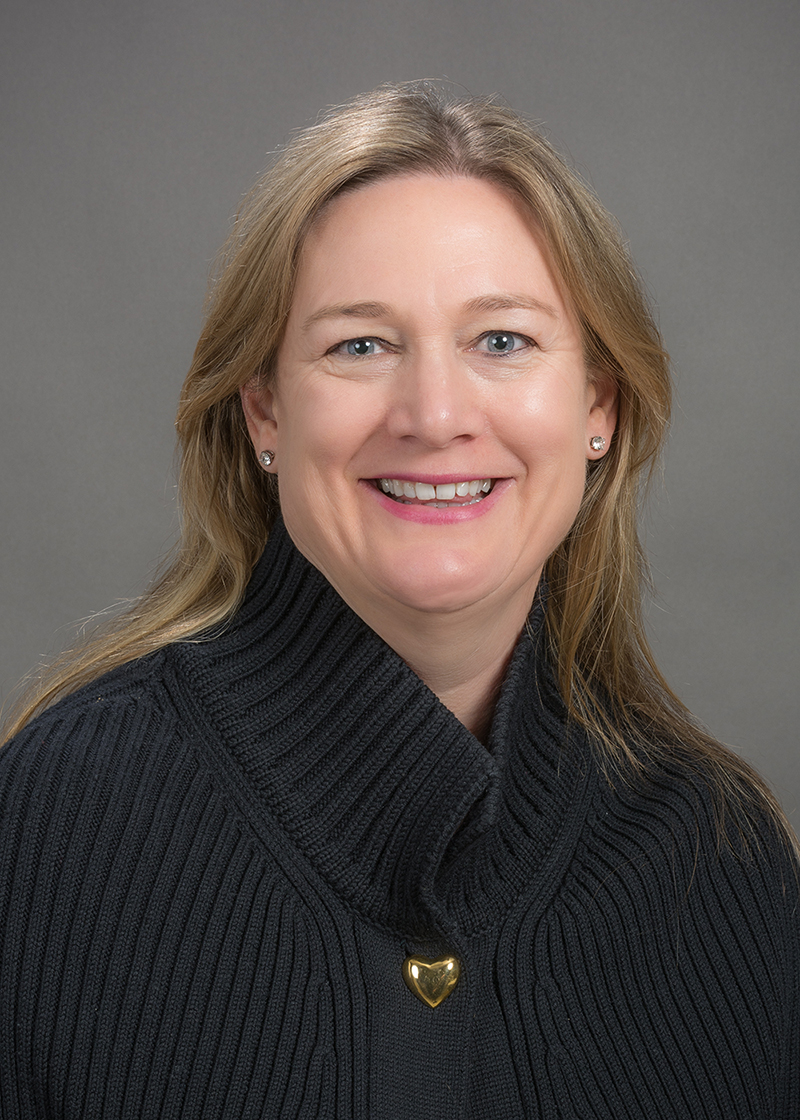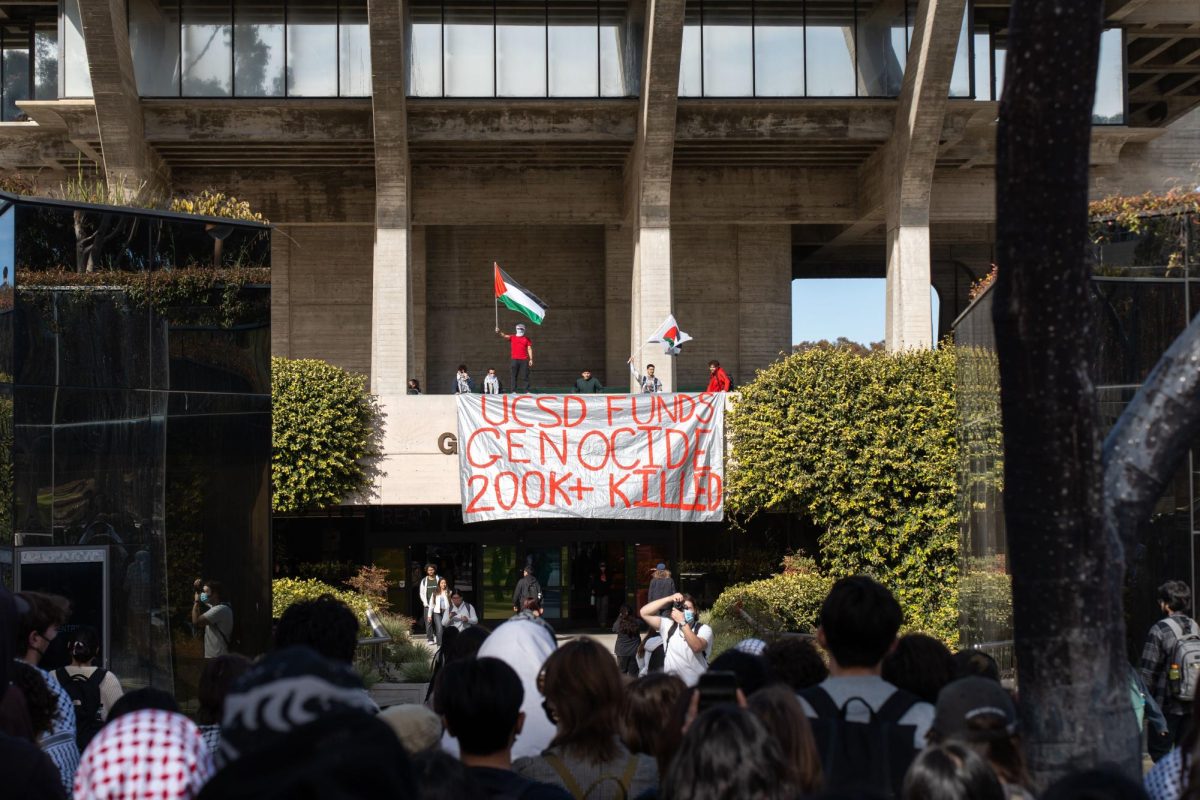With the 2024 election due to take place on Nov. 5, The UCSD Guardian prepared a voter guide for students and UCSD community members with relevant information regarding important local elections and ballot propositions. Endorsements reflect those listed on the official California Voter Guide. All registered voters in California should have received a ballot in the mail which can either be dropped off at any official drop-box or sent in by the mail free of charge. Residents of California can register to vote online and in person until Nov. 5. More information can be found at sos.ca.gov/elections. You can pick up a physical copy of The Guardian’s voter guide at any blue Guardian newsstand on campus.
U.S. Senate Election
California voters will have two choices for the U.S. senator representing California, Steve Garvey (R) or Congressman Adam B. Schiff (D).
Garvey is an ex-Padres player who currently works as a motivational speaker. Garvey is running a law-and-order campaign that emphasizes tightening security at the southern border, increasing police funding, and creating harsher penalties for criminal offenses. His economic policies propose cutting regulations on private industry to allow for market-based solutions to the rising cost of living.
Schiff is currently serving as the congressman for California’s 30th district in the U.S. House of Representatives. Schiff is running on a platform of defending democracy, affordability agenda, housing and homelessness, and protecting the planet. His key policy objectives include paid family leave, universal childcare, converting unused buildings into housing, and ending subsidies for fossil fuels.
House of Representatives: California’s 50th District Election
Voters in California’s 50th district will be choosing between Representative Scott Peters (D) and retired Navy Technician Peter J. Bono (R).
Peters has been the Representative for the 50th District since 2013. His current platform outlines a plan to transition the U.S. to a green economy, codify abortion rights into federal law, and secure the southern border while providing a pathway to citizenship, and promote international trade.
Peter J. Bono, who formerly served in the U.S. Navy, is focused on cutting costs for working families by reducing gas prices and eliminating child care expenses. He proposes a 10% to 20% cut in property taxes in the 50th District, while not reducing funding to any district services.
State Assembly: 77th District Election
For the State Assembly elections, voters from the 77th District will be choosing between James Browne (R) and Assembly member Tasha Boerner (D).
Browne is an entrepreneur and financial advisor whose campaign website states his platform includes protecting children. “Our children are being attacked from all directions. From education, the economy, entertainment, the environment, to their own personal safety … and protecting them ensures the longevity of our country,” his website reads.
Boerner is the incumbent representative, having served the 77th District since 2018. Boerner is running on a platform of protecting local beaches, funding local public schools, making community college free, and reducing traffic. Her voting record shows support for bills that increase funding for public schools, public transportation, and pro-environmental policies.
Board of Supervisors: 3rd District Election
The candidates for the County Board of Supervisors for District 3 are former San Diego Mayor Kevin L. Faulconer (R) and incumbent Terra Lawson-Remer (D).
Former San Diego mayor Faulconer’s campaign promises to increase police funding and to crack down on homeless encampments. He also promises to expand the number of shelter beds, mental health services, and permanent housing options for the homeless population of San Diego.
Lawson-Remer has been supervisor for the 3rd District since 2021. She is an attorney and previously worked as a senior advisor for the Obama administration. Lawson-Remer’s campaign has focused on the environment, homelessness, and gun safety. She promises to protect the local water supply, clear out homeless encampments, and implement harsher gun control laws.
Mayor of San Diego Election
San Diegans will have two options for mayor this year: incumbent Mayor Todd Gloria (D) and SDPD Community Relations Officer Larry Turner (I).
Gloria is the incumbent candidate for Mayor, and he was elected in 2020. Gloria’s key issues in this election are addressing homelessness, housing, infrastructure, and public safety. Gloria plans to increase incentives to build low-income housing and aims to continue fiscal support to SDPD.
Turner served for 23 years in the U.S. Marine Corps before joining the SDPD and is now running as an Independent. Turner plans to create a new homelessness task force, building multiple new shelters and providing specific services to help homeless people find permanent housing. Turner’s platform emphasizes building out San Diego’s infrastructure in parks and sewage facilities to support expanded affordable housing.
San Diego City Attorney Election
The candidates for San Diego City Attorney are Brian Maienschein (D) and Heather Ferbert (D).
Maienschein has served on the San Diego City Council and has been one of San Diego’s representatives on the State Assembly for the past 11 years. He is running on a platform of stricter gun control, safeguarding reproductive health, and cracking down on real estate corruption.
Ferbet has spent the last 10 years as a City Attorney and has courtroom experience. She is running on a campaign of fighting city corruption, safeguarding vulnerable communities, and protecting the environment.
Propositions
Proposition 2: “Authorizes Bonds for Public School and Community College Facilities. Legislative Statute.”
Proposition 2 would authorize the state to borrow $10 billion in bonds to improve the health and safety of public school, community college, and career technical education program facilities. Repayment for the bond would be through the State’s General Fund, making up 0.5% to 1% of the total budget per year over 35 years.
Proposition 2 is endorsed by organizations like the California State PTA and The Los Angeles Times’ Editorial Board. Opponents include the Howard Jarvis Taxpayers Association and Reform California.
Proposition 3: “Constitutional Right to Marriage. Legislative Constitutional Amendment.”
Proposition 3 would change the language used in the California State Constitution to recognize the fundamental right to marry, regardless of sex or race. Interracial and gay marriage are protected on both federally and state levels.
California protected interracial marriage when the State Supreme Court decided on Perez v. Sharp in 1948. In 2008, bans on same-sex marriage were ruled unconstitutional by the California Supreme Court, but later that same year, Proposition 8 altered the California Constitution to state that marriage is between a man and a woman. Despite California allowing same-sex marriage in 2013, it is not yet recognized in the official constitution.
The proposition is endorsed by The Los Angeles Times, American Civil Liberties Union of Northern California, and the California Chamber of Commerce. It is opposed by the California Family Council.
Proposition 4: “Authorizes Bonds for Safe Drinking Water, Wildfire Prevention, and Protecting Communities and Natural Lands from Climate Risks. Legislative Statute.”
Proposition 4 would authorize the state government to borrow a slew of bonds amounting to a total of around $10 billion to increase water quality and amount, wildfire prevention and forest health, and protections from climate risks. If passed, this spending would potentially mitigate future government spending on preventable natural disasters. Repayment for the bond would be through the State’s General Fund, making up 0.5% to 1% of the total budget per year over 40 years.
Endorsements include the California Fire Chiefs Association and the California Teachers Association. Opposition includes Reform California, The San Diego Union-Tribune’s Editorial Board, and Howard Jarvis Taxpayer Association.
Proposition 5: “Allows Local Bonds for Affordable Housing and Public Infrastructure with 55% Voter Approval. Legislative Constitutional Amendment.”
Proposition 5 would lower the two-thirds requirement for local governments to get approval for bonds spent on housing and/or infrastructure to 55%. This proposition would increase local government funding and bonds for affordable housing and improved public infrastructure.
The California Democratic Party, California Alliance for Jobs, and League of Women Voters of California endorse this. Opposition includes Reform California, California School Boards Association, and California Chamber of Commerce.
Proposition 6: “Eliminates Constitutional Provision Allowing Involuntary Servitude for Incarcerated Persons. Legislative Constitutional Amendment.”
Proposition 6 would remove the state constitution provision that allows involuntary servitude to be used as punishment for a crime and for prisoners who are unwilling to work. It would remain permissible federally and may still allow California prisons to offer “time credit,” or time taken off of one’s sentence, in exchange for labor.
Endorsements include California Young Democrats, Abolish Slavery National Network, and the Los Angeles Board of Supervisors. Some opponents include Howard Jarvis Taxpayers Association, The Orange County Register, and California Chamber of Commerce Advocacy.
Proposition 32: “Raises Minimum Wage. Initiative Statute.”
Proposition 32 would raise minimum wage incrementally to $18 on a timeline varying by company size. For employers with greater than 26 employees, the wage must increase to $17 immediately and then to $18 by January 1, 2025. For employers with 25 employees or less, the wage must increase to $17 by 2025 and $18 by 2026. Proposition 32 also requires the state to adjust the minimum wage every year to match inflation.
The California Democratic Party, California Labor Federation, and SEIU California all endorse this proposition. Opposition includes the Howard Jarvis Taxpayers Association and the California Chamber of Commerce.
Proposition 33: “Expands Local Government’s Authority to Enact Rent Control on Residential Property. Initiative Statute.”
Proposition 33 would shift power from the state to local government by repealing a 1995 Housing Act which enacted broad rent control statewide. Proposition 33 would enable city and county governments to determine rent and housing policy, increasing regionality in rent control policy.
Endorsements include the California Democratic Party, the American Federation of Teachers 1521 and 2121, and the Affordable Housing Alliance. Opposition include The Los Angeles Times, Gov. Gavin Newsom, and The San Diego-Union Tribune.
Proposition 34: “Restricts Spending of Prescription Drug Revenues by Certain Health Care Providers. Initiative Statute.”
Proposition 34 requires “certain entities” to spend at least 98% of their federal drug discount program revenue on “direct patient care,” essentially changing the way that healthcare entities distribute the revenue they earn from federal programs. However, the proposition only applies to organizations that meet very specific criteria, and all coverage indicates that there is only one organization that does: the AIDS Healthcare Foundation, headed by Michael Weinstein.
Some argue that the proposition is a targeted political hit job against Weinstein and disagree with its inclusion on the ballot. Supporters include the California Republican Party and the Howard Jarvis Taxpayers Association.
Proposition 35: “Provides Permanent Funding for Medi-Cal Health Care Services. Initiative Statute.”
Proposition 35 would make a temporary Managed Care Organization tax permanent. This tax has been used since 2009. The tax is higher for Medi-Cal recipients, and it charges based on how many people are covered under a plan. The revenue goes toward “paying for existing costs in Medi-Cal,” and “increasing funding for Medi-Cal and other health programs.”
The proposition would increase “funding for health programs” and “increase state costs” in the short-run.
Supporters include the California Medical Association and the California Primary Care Association. Opposition includes the League of Women Voters of California, the Los Angeles Times’ Editorial Board, The San Diego Union Tribune, and The Children’s Partnership.
Proposition 36: “Allows Felony Charges and Increases Sentences for Certain Drug and Theft Crimes. Initiative Statute.”
Proposition 36 would escalate sentencing for certain drug and theft crimes by turning some misdemeanors into felonies, lengthening felony sentences, and requiring prison time as part of felony sentencing. Proposition 36 would increase local and state criminal justice costs, prison population, and court workload.
Supporters include the California Republican Party, California Police Chiefs, and California State Sheriffs Association. Opponents include the California Democratic Party, AFSCME CA, and Disability Rights California.
Endorsements include the California Consumer Advocates for Affordability and Safety and Mothers Against Drug Addiction and Deaths. Opposition includes Gov. Gavin Newsom and the Los Angeles Times’ Editorial Board.
Measures
San Diego County, Measure G: Fund San Diego County Transportation, Infrastructure, and Safety Projects Through a 0.5% Sales Tax.
Measure G is a county proposal for a 0.5% sales tax that will raise approximately $350 million a year. Measure G will upgrade San Diego’s transportation infrastructure in an attempt to reduce traffic congestion, improve pedestrian and bicyclist experiences, and increase driver safety.
Supporters include organizations such as California Environmental Voters and the San Diego County Democratic Party. Opponents include the San Diego County Taxpayers Association and the Republican Party of San Diego County.
San Diego Unified School District, Measure C: Amendment of Board Election.
Measure C is a proposal for the San Diego Unified School District. Measure C would get rid of primary elections if fewer than three candidates qualify for their contest. The candidate(s) who qualify would move onto the general election.
Supporters include the League of Women Voters of San Diego, San Diego Education Association, and Reform California. The Let Us Vote Association is in opposition to Measure C.
San Diego, Measure D: “Amendments to the San Diego Charter to Strengthen the Independence of the Ethics Commission.”
Measure D is a citywide proposal that would add Charter section 41.3. The resulting changes would include that members of the commission can only be eliminated by voters, the commission will not need council approval to appoint an executive director, and can initiate investigations on its own. The Ethics Commission oversees city officials and politics.
Supporters include The League of Women Voters of San Diego and Reform California.
San Diego, Measure E: “City of San Diego Sales Tax.”
Measure E is a citywide proposal that would increase sales tax by 1%, totaling approximately $400 million in revenue. This revenue would go to upgrading and repairing general public services, such as roads, potholes, parks, libraries, emergency service response, and other infrastructure and service projects.
The San Diego County Democratic Party, Middle Class Taxpayer Association, and Balboa Park Cultural Association are all endorsing this measure. Opposition includes The San Diego Union Tribune and Reform California.








